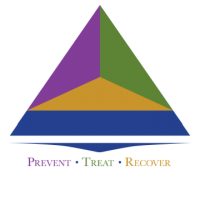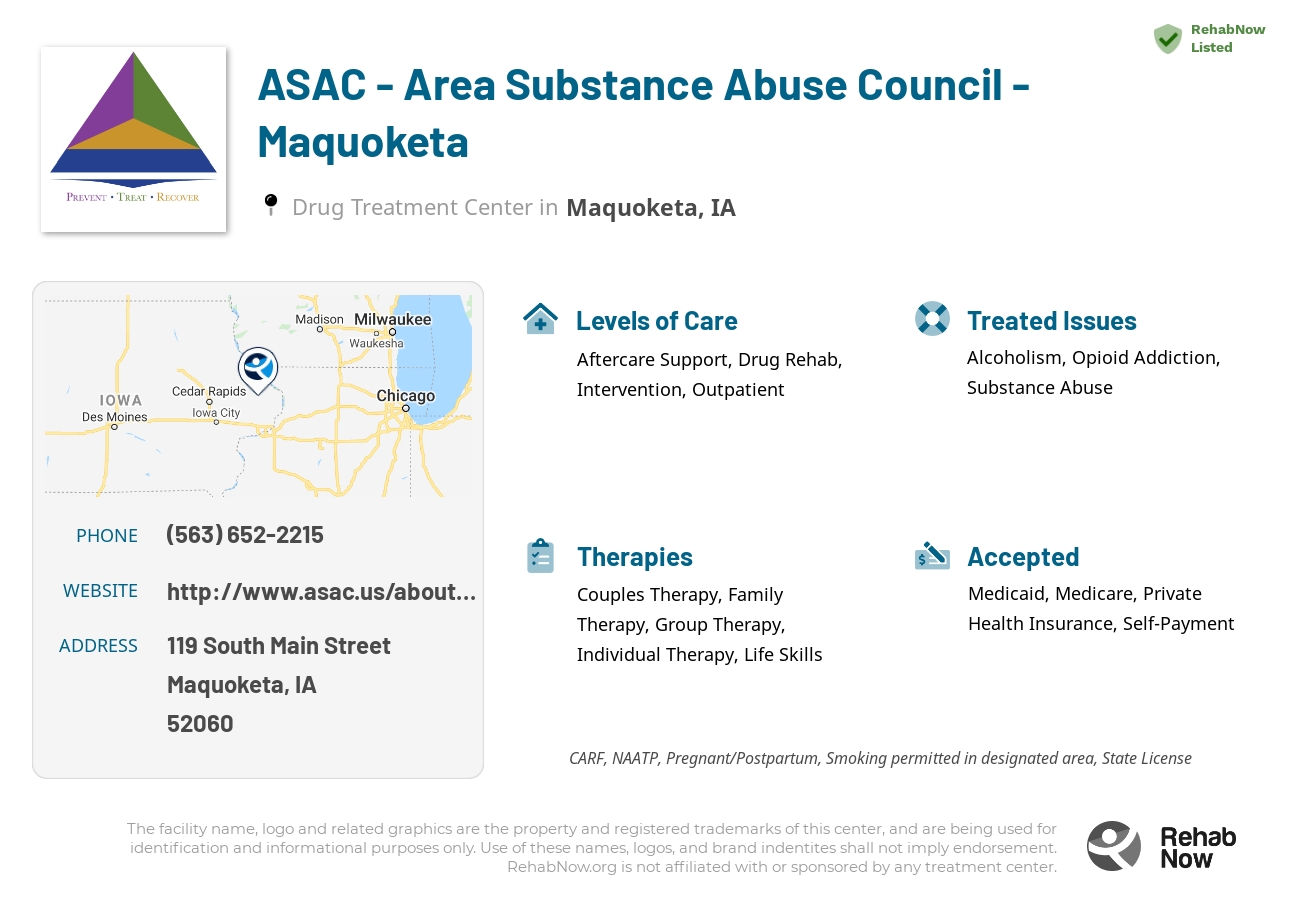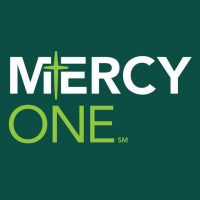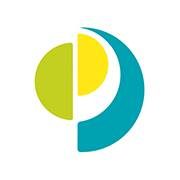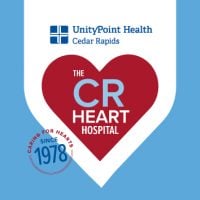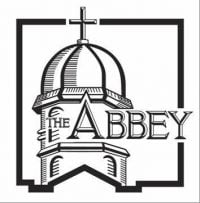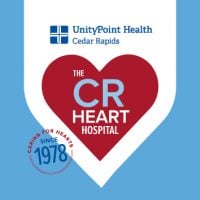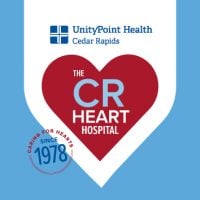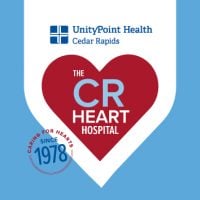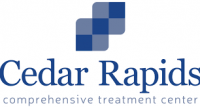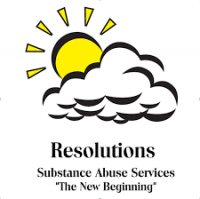ASAC - Area Substance Abuse Council - Maquoketa
Drug Rehab Center in Maquoketa, Iowa
The Area Substance Abuse Council (ASAC) in Maquoketa, Iowa, offers a wide range of services and evidence-based treatment approaches to strengthen individuals, families, and communities through education, prevention, and treatment of substance use disorders, ensuring that substance abuse prevention and treatment services are available to all members of the community.
About ASAC - Area Substance Abuse Council - Maquoketa in Iowa
Located in Maquoketa, Iowa, the Area Substance Abuse Council (ASAC) stands out for providing comprehensive substance abuse treatment focused on individuals, families, and communities in East Central Iowa. It distinguishes itself with a vast array of services ranging from prevention to recovery, including unique offerings such as BASICS and CASICS programs, as well as support for overcoming barriers to recovery through the Access to Recovery (ATR) initiative.
- Comprehensive Prevention Programs: ASAC highlights include programs like Brief Alcohol Screening and Intervention for College Students (BASICS) and Cannabis Screening and Intervention for College Students (CASICS), focusing on prevention among youth.
- Barrier-Overcoming Support: Through Access to Recovery (ATR), ASAC assists in addressing barriers to recovery, offering services such as childcare, employment counseling, and sober living activities.
- School-Based Initiatives: ASAC's engagement extends into schools with Curriculum Based Support Groups (CBSG) and youth advocacy groups, illustrating its commitment to community-wide substance abuse prevention.
Accredited by CARF, ASAC's commitment to excellence and quality in treatment for a range of addictions is evident. This accreditation reassures individuals and their families of the high standards met in providing care and support. ASAC's approach is not only grounded in comprehensive treatment and prevention but also in making its services accessible and tailored to the unique needs of the communities it serves.
ASAC addresses substance use and gambling disorders with a broad spectrum of treatment methods, including individual and family therapy, Native American healing practices, and recovery peer coaching. Levels of care encompass everything from outpatient programs to aftercare support, ensuring that individuals at any stage of recovery can find the help they need.
Genders
Ages
Modality
Additional
Accreditations

CARF
The Commission on Accreditation of Rehabilitation Facilities (CARF) is a non-profit organization that specifically accredits rehab organizations. Founded in 1966, CARF's, mission is to help service providers like rehab facilities maintain high standards of care.
Conditions and Issues Treated
Substance Abuse Treatment is important when getting sober, as it helps addicts learn the skills they need to live a clean life. There are many different kinds of recovery treatment, including but not limited to medication-assisted therapy, behavioral therapeutic approaches, self-help groups, and counseling. Each treatment has its benefits that help addicts recover.
Counseling can help addicts learn the skills they need to live sober lives. It can be used to treat underlying mental health issues, like depression or anxiety, that could lead to relapse. Counseling can also help people find work, deal with family problems, and learn to manage living without drugs.
With so many people addicted to opioids, we need to help those who want to quit. The cycle begins when opioid addicts take opioids for a painful injury. When someone starts taking their medication differently or in excess, it means they’re addicted and at risk of overdosing.
In , detoxing from these types of treatments is the most effective way to beat this. Most facilities begin with medical assistance and then provide counseling services; rehabilitation follows after successful treatment.
Levels of Care Offered
This center offers a variety of custom treatment tailored to individual recovery. Currently available are Aftercare Support, Drug Rehab, Intervention, Outpatient, with additional therapies available as listed below.
Alcohol or drug addiction, or co-occurring disorders, are treated in an outpatient program. The patient must attend therapy and other programs at the facility but can return home each night.
Outpatient treatment allows recovering addicts to live at home while receiving addiction treatment. Outpatients can attend group sessions for a few hours per week. Outpatients may also continue to work full time and study/attend school without interruption if they choose.
Intervention services are often the final safety net for individuals struggling with addiction. The process of an intervention starts when family or friends get together to talk about how they think their loved one’s life has been impacted because of addictive behaviors and why treatment is needed for them to move forward into a healthy future. The discussion includes information on what different types of treatments will do, just in case your loved ones agree that this might be necessary at some point during the conversation.
The accomplishment of completing a drug or alcohol treatment program is just the first step. Once that is complete, aftercare support comes into play. This includes helping people adjust to life without substances outside of guidelines with assistance like getting sober living accommodations and career counseling and AA/NA programs for those who are struggling between sobriety or want continued help in maintaining it once they have completed their initial rehabilitation at an addiction facility.
Aftercare comprises services that help recovering addicts readjust to normal day-to-day activities while working on specific issues. These problems include psychiatric issues, family problems caused by substance abuse, continuing education pursuits if desired during rehab, etc. These can last up to one year+ depending on what’s needed most urgently upon completion of earlier stages.
Therapies & Programs
Different people react differently to various treatment options. Some drug rehabilitation centers offer individualized treatment that caters to the specific needs of a drug addict. The best treatment option varies on an individual depending on the type of drug abused, life history, medical condition of the person, social circumstances, and the environment they live in now.
When a person enters drug rehab, they usually have anti-drug associations such as withdrawal symptoms, stress, cravings, etc. The first step of drug rehab is to detoxify the body from any residual substances in it. Drug rehabilitation centers usually employ trained medical professionals to help in this process. Usually, the initial detoxification lasts for five days, where the person is monitored under close supervision.
Couples therapy is a treatment method used to help couples in which at least one member of the couple has a drug addiction. The treatment is designed to help the couple strengthen their relationship to minimize the effects of drug addiction on their lives and promote healthy communication between them.
Couples therapy can be used whether the addicted partner is using drugs or in recovery. It helps the couple create healthy communication and coping skills to minimize the problem-solving abilities of one partner, which can then be directed at solving issues related to their addiction. It also helps couples address problems that may be related to drug addiction. Couples therapy can help couples feel like a team and not feel like their partner is the problem.
Couples therapy is very challenging for both the drug addict and their partner. It requires an intense commitment between the two individuals to participate in the sessions and the homework assigned between sessions.
An additional benefit of couples therapy is that it can help make other types of treatment, such as 12-step programs, more effective.
Family therapy sessions typically involve the addict and their family members. During these sessions, a therapist will work with everyone involved to help them understand addiction and find healthy ways of coping without substance abuse.
Some addicts might feel embarrassed about their substance abuse problems. By encouraging family members to attend these sessions, therapists can show addicts that they’re not alone in dealing with addiction. Therapists can also work with family members to help them understand addiction and learn how to offer support and encouragement to their loved one as they deal with substance abuse issues.
Attending group therapy at ASAC - Area Substance Abuse Council - Maquoketa in , is a useful way for those seeking sobriety to realize they aren’t the only one going through it.
This is when a group of people on different recovery phases get together and talk about what they’re going through, their triggers, successes, and failures. This can include alternative types of therapies too! Group therapy may occur on an outpatient or inpatient basis with groups that have no pre-existing relationships outside the session, unlike support groups where everyone already knows each other beforehand.
Life Skills Services offered at Drug Treatment Centers assists addicts in their recovery by teaching them healthy coping mechanisms that will aid them in becoming sober, focussing on helping people enter into, and maintaining long-term sobriety. Drug Treatment Centers provide Life Skills Services at varying levels of intensity, specific to the needs and requirements of each patient.
Life Skills Services offered at Drug Treatment Centers assists addicts in their recovery by teaching them healthy coping mechanisms that will aid them in becoming sober, focussing on helping people enter into, and maintaining long-term sobriety. ASAC - Area Substance Abuse Council - Maquoketa in Maquoketa, Iowa provide Life Skills Services at varying levels of intensity, specific to the needs and requirements of each patient.The benefits of Life Skills Services offered at Drug Treatment Centers:
- Restores hope and empowerment — Helps addicts believe that recovery is possible and instills a new confidence in their ability to achieve a positive, drug-free future
- Enhances family involvement — Encourages families to get involved in the recovery process and supports their understanding and encouragement of healthy behavior.
- Increases patient’s compliance — Helps patients take responsibility for and ownership of their recovery and encourages continued progress
- Reduces relapse rates — Encourages long-term abstinence and emphasizes the importance of establishing sober support systems.
Payment Options Accepted
For specific insurance or payment methods please contact us.
Is your insurance accepted?
Ask an expert, call (888) 674-0062
Area Substance Abuse Council Associated Centers
Discover treatment facilities under the same provider.
- ASAC - Area Substance Abuse Council - Heart of Iowa in Cedar Rapids, IA
- Area Substance Abuse Council - New Directions in Clinton, IA
- ASAC - Area Substance Abuse Council - Main Campus in Cedar Rapids, IA
- ASAC - Area Substance Abuse Council - The Way Home in Cedar Rapids, IA
- ASAC - Area Substance Abuse Council - Vinton in Vinton, IA
Learn More About Area Substance Abuse Council Centers
Additional Details
Specifics, location, and helpful extra information.
Maquoketa, Iowa 52060 Phone Number(563) 652-2215 Meta DetailsUpdated April 15, 2024
Staff Verified
ASAC - Area Substance Abuse Council - Maquoketa Patient Reviews
There are no reviews yet. Be the first one to write one.
Maquoketa, Iowa Addiction Information
Iowa ranks 2nd lowest in the nation for illicit drug use, but 12% of its residents are still using these drugs every single year. Methamphetamines account for more than 90% of all drug-related prison admissions in Iowa. Alcohol is the most widely abused substance in the state, with 23% of residents admitting to heavy drinking.
Treatment in Nearby Cities
- Bettendorf, IA (38.4 mi.)
- Johnston, IA (159.4 mi.)
- Washington, IA (75.0 mi.)
- Spencer, IA (239.8 mi.)
- Indianola, IA (157.2 mi.)
Centers near ASAC - Area Substance Abuse Council - Maquoketa
The facility name, logo and brand are the property and registered trademarks of ASAC - Area Substance Abuse Council - Maquoketa, and are being used for identification and informational purposes only. Use of these names, logos and brands shall not imply endorsement. RehabNow.org is not affiliated with or sponsored by ASAC - Area Substance Abuse Council - Maquoketa.
